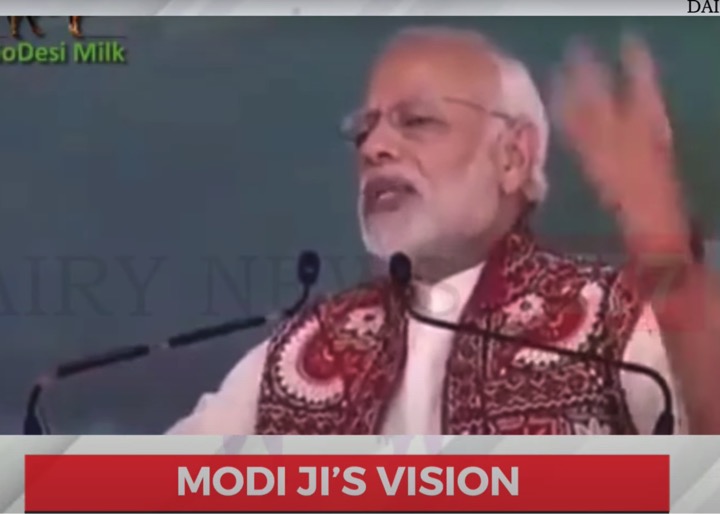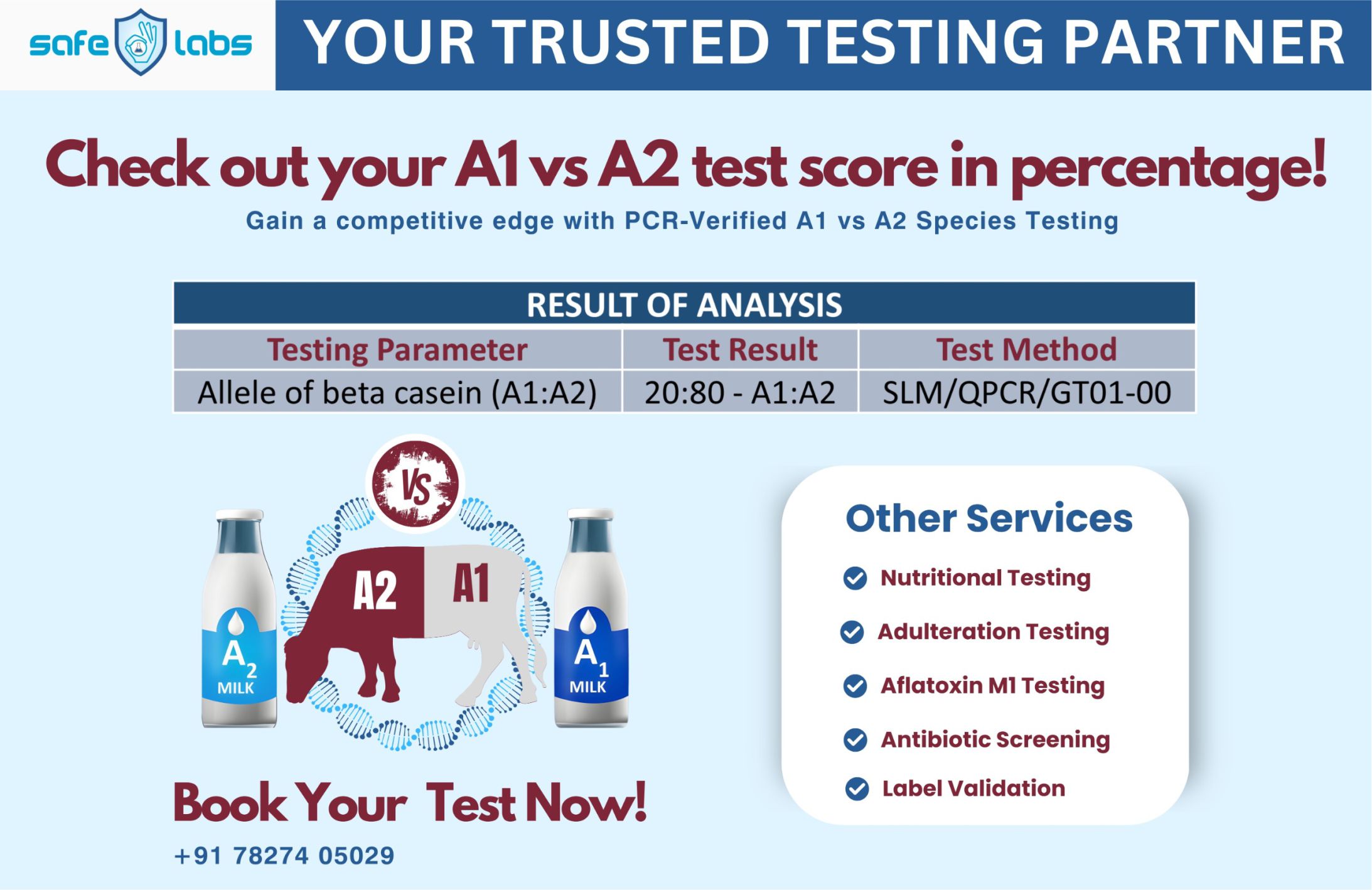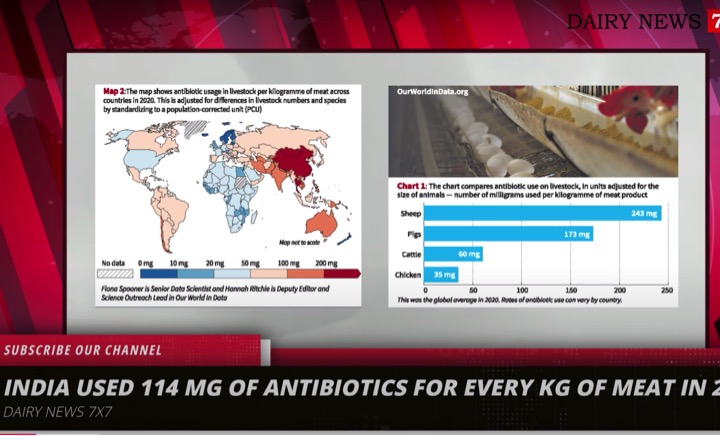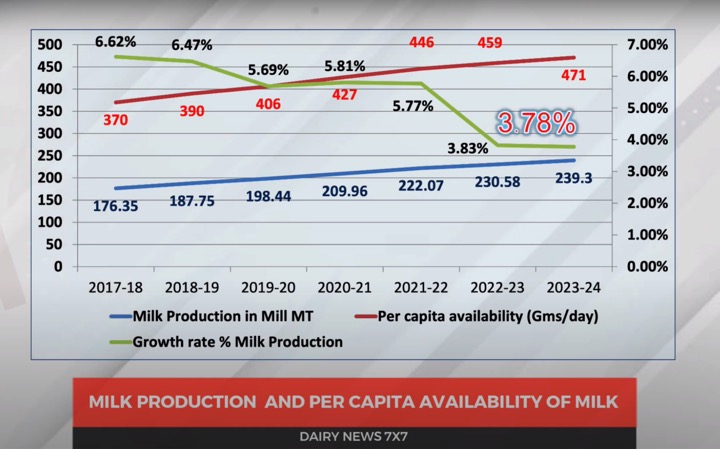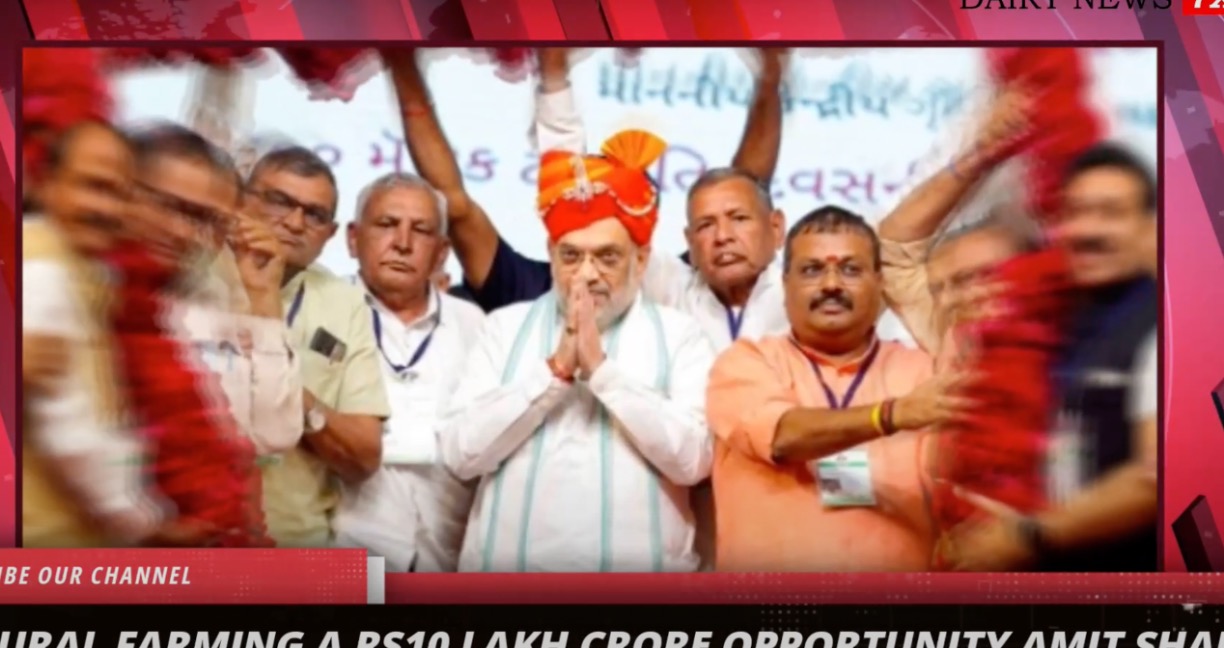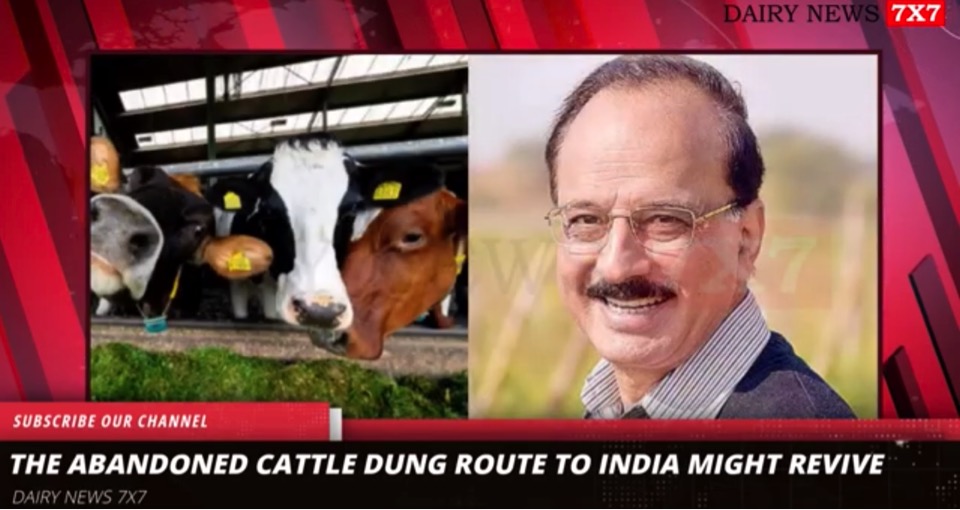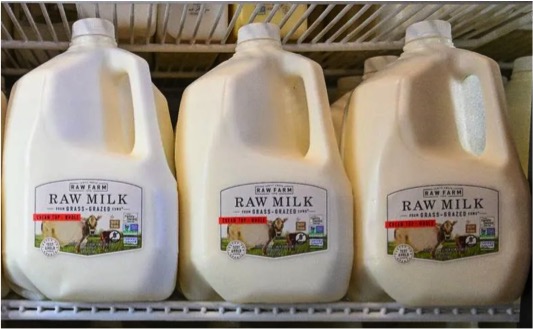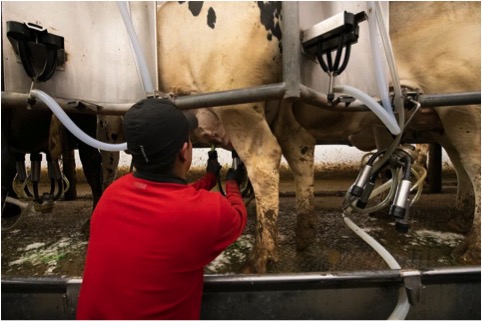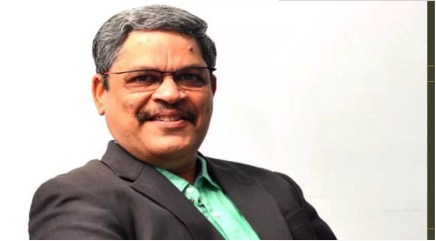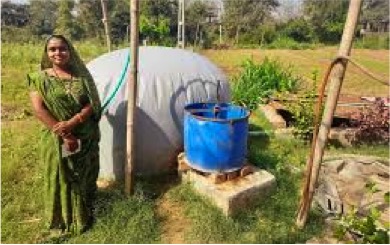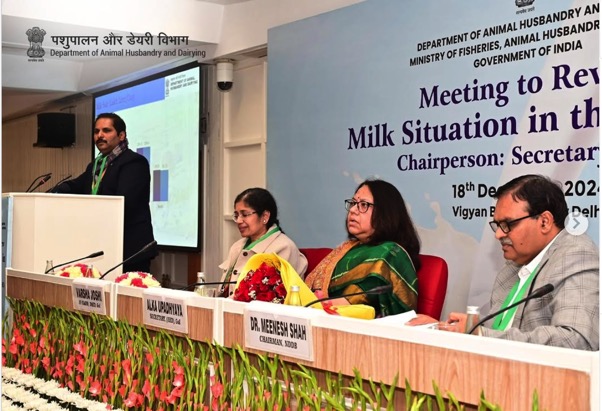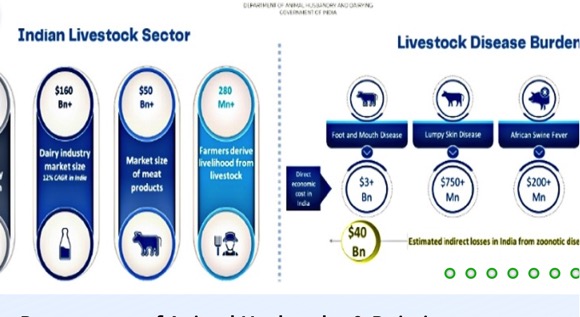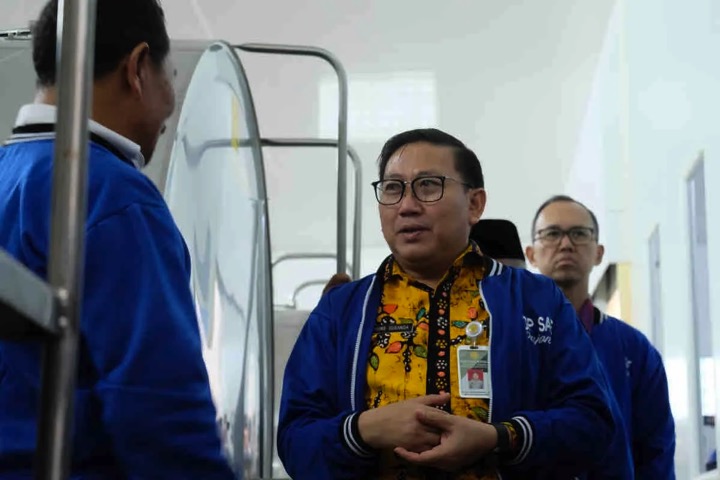The food standard regulator Food Safety and Standards Authority of India (FSSAI)’s recent directive to dairy companies against usage of A1 and A2 labels has been opposed by Indian Council for Agricultural Research (ICAR)’s governing body member and livestock expert Venugopal Badaravada.
In a communication to Prime Minister Narendra Modi, Badaravada urged him to request FSSAI to withdraw the directive and form a high-level committee of experts to review the issue. He suggested that the committee should include representatives from the ministries of fisheries, animal husbandry and dairying, health and family welfare, as well as ICAR and other experts. The committee would be tasked with clarifying the marketing and labelling of milk products as A1 and A2 and ensuring the proper recognition of A1 and A2 proteins.
“Despite the established benefits of A2 milk, FSSAI officials have hastily enacted a regulation that could jeopardize consumer choice and the future of our indigenous breeds,” Badaravada told FE.
In his letter to the PM, Badaravada highlighted India’s vast cattle genetic resources, which include 190.9 million cattle and 53 registered native breeds. He stated that with 26% of the country’s cattle population now crossbred, only 22% belong to registered indigenous breeds, while the remaining 52% are classified as ‘non-descript’ cattle. “Of the 53 registered breeds, only 8-10, comprising about 10%, are recognized as milch breeds with A2 beta-casein,” Badarvada stated.
India’s milk production is estimated to have increased by 4.2% to a record 230.58 million tonne (MT) in 2022-23, and the country has been the largest milk producer in the world since 1998.
Badaravada also recalled that on December 10, 2016, Prime Minister Modi had launched ‘Amul Deshi A2 Cow Milk,’ sourced from the indigenous Kankrej cow breed in Deesa, Gujarat.
At that time, Modi recognised the importance of indigenous breeds like Gir and Kankrej, noting that A2 milk from Kankrej cows contains special minerals and proteins beneficial for health-conscious individuals and children suffering from malnutrition.


